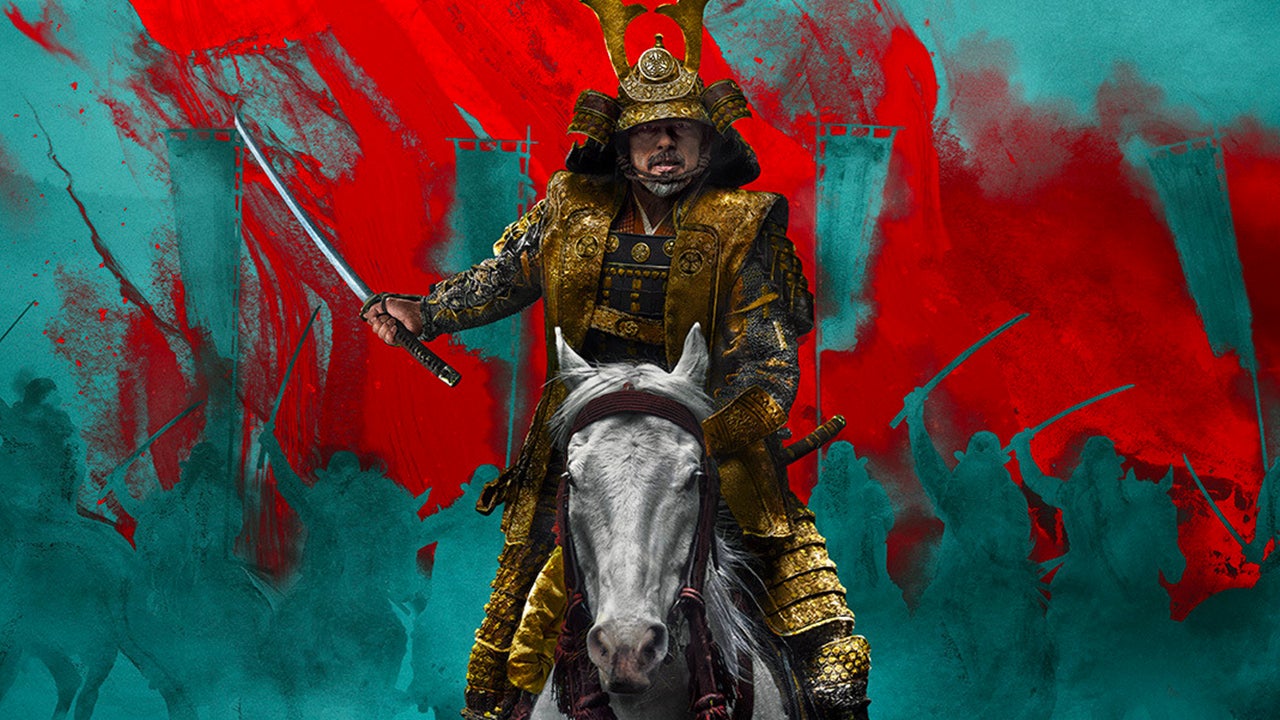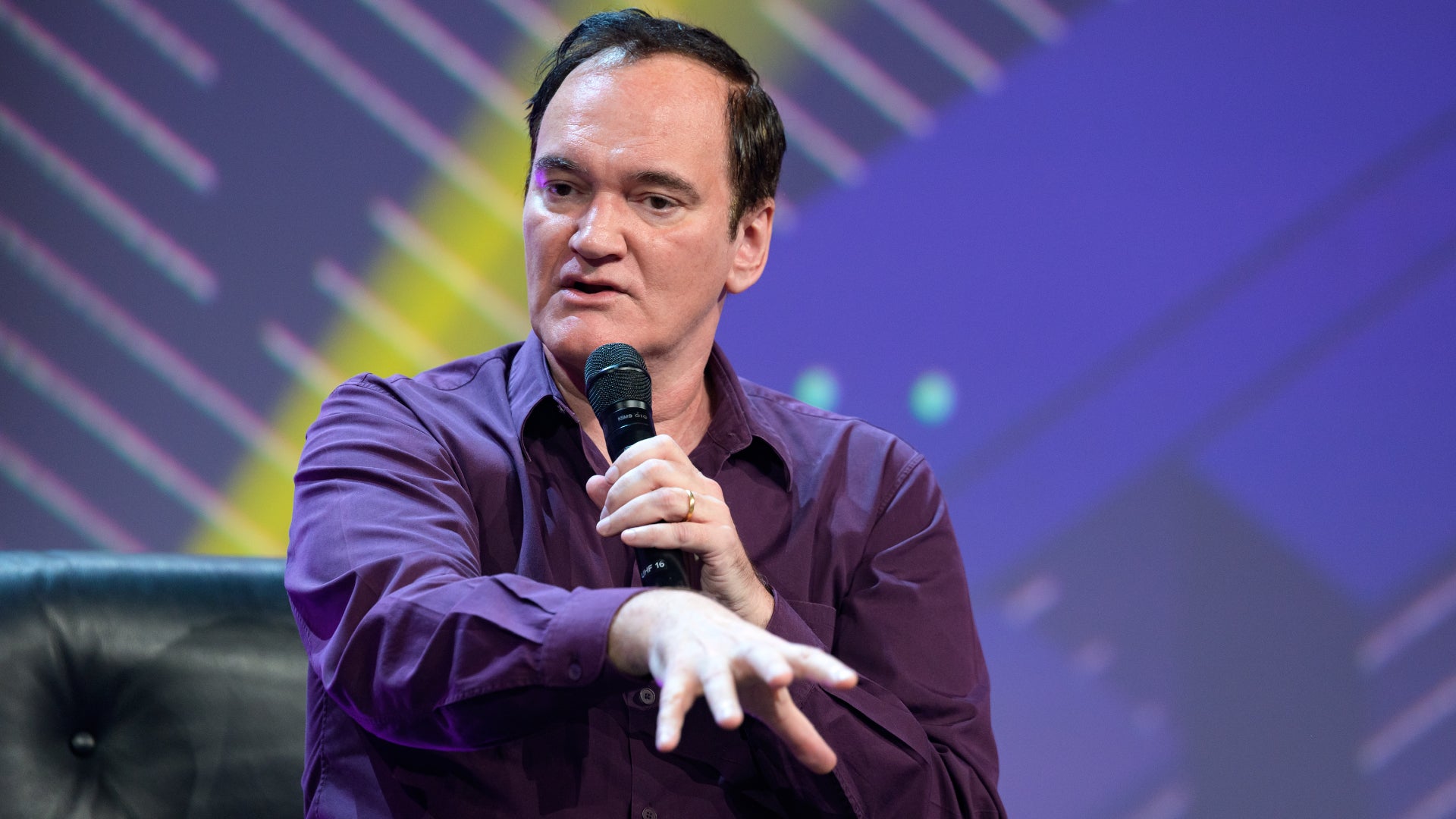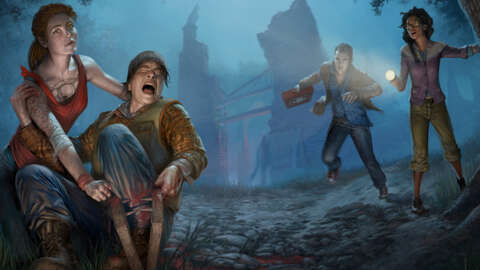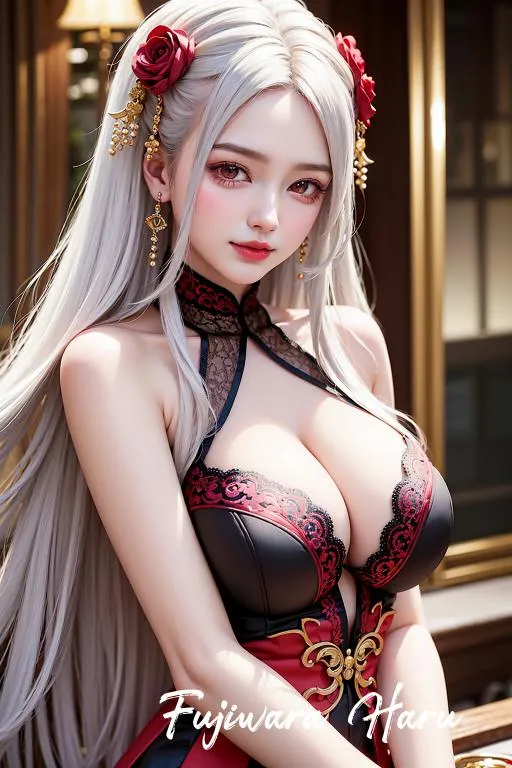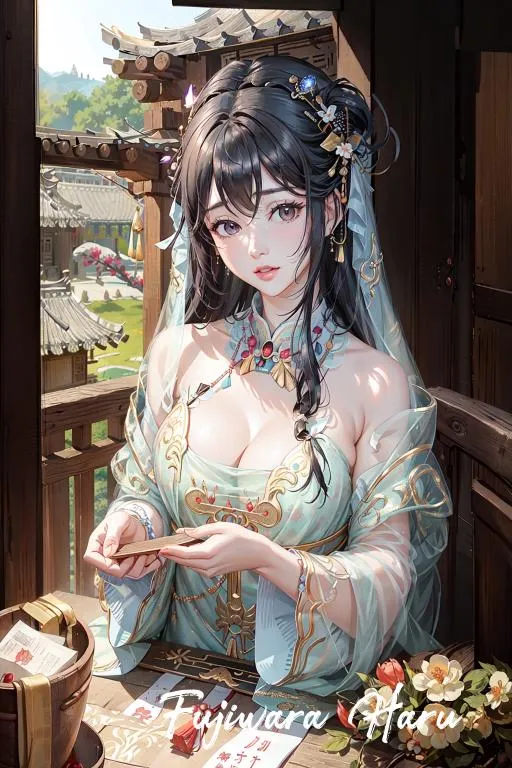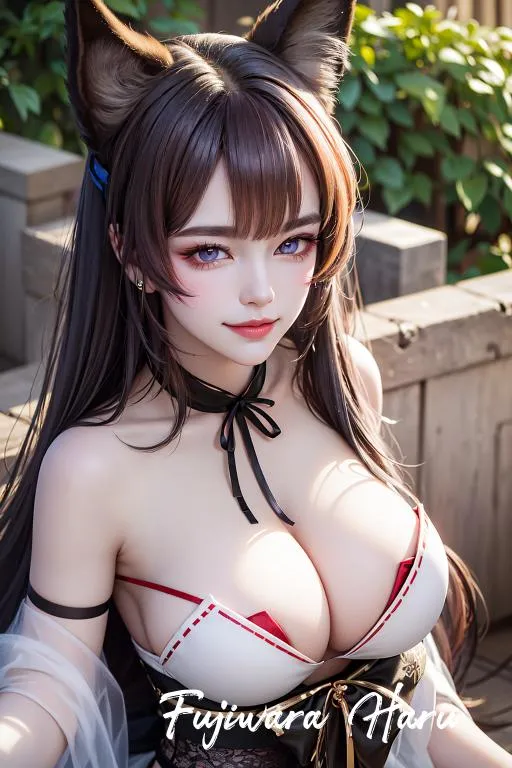Based on James Clavell’s bestselling classic novel, Hulu and FX’s upcoming 10-episode limited series Shōgun takes place in Japan in the year 1600. It is a country deeply divided after the death of its ruling Taiko, who leaves behind an heir too young to rule. A council of regents is established to oversee affairs until he’s of age but in Game of Thrones fashion, there are many factions involved with different motives that ensure this will not be a peaceful transition of power.
One such faction is the Europeans. Portuguese missionaries and traders brought Catholicism to Japan’s shores some years before, dividing its citizens between believers and non-believers. In Shōgun, the Catholic Portuguese and Spanish aim to keep trade with the Japanese all to themselves while John Blackthrone, an English ship pilot, is out to make sure the Protestants gain the upper hand.
Here’s what showrunners Justin Marks and Rachel Kondo recently told IGN about that as well as their long journey to cast the lead roles. (EDITOR’S NOTE: This interview has been edited for clarity.)
IGN: How does the introduction of Christianity in Japan set the stage for some of the conflicts and events that we see play out on Shōgun?
Justin Marks: Christianity at this time was in the process, I believe it would be another 20 years before it was expressly outlawed throughout Japan. But it was definitely a controversial worldview at that time for the Japanese to take on as their own religion. It was brought over by the Portuguese Jesuits who of course were making economic inroads in Japan at the time they were doing it. The way we approached it on the show was using Christianity as another faction, a point of interest that Blackthorne has to navigate. Because of course when we say Christianity, we're really talking about Catholicism in Japan. And then Blackthorne arrives as a European Protestant directly competing with the Portuguese and Spanish interests worldwide. So it was a fun game card to turn up on the table and to also be able to depict a variety of types of Christians that you might find in Japan.
You would have those like the Regent Ohno who was very devout and faithful after his affliction (with) leprosy. And then you had those like Kiama who, maybe his scruples were a little less honest in why he was choosing to be Christian because of the resources that he would gain. And of course, he knew this and this is a game that they play. We wanted to reflect that on screen, that the Japanese were quite aware of what the Jesuits were trying to do there at the time. And it's like, "If you want to play this game, we'll play this game. Sure." Which felt like a different way to depict it than had otherwise been done, but very consistent with the novel. And this is the landscape that James Clavell had set up. So we were really just taking directly from the book there.
Rachel Kondo: And also religion as just another cultural difference or cultural point of difference. And I thought it was such a great prelude to what first the novel Silence did and then the movie Silence accomplished, which is we all come to other cultures thinking we're going to leave our stamp, we're going to make an impact, and this is going to matter in a way that I perceive as mattering. And it's just such a humbling thing in that you can't ever quite get there because it's not quite possible to erase an entire culture and transplant your own ideas onto it. And so I don't know, it was an interesting exercise for us to try to modulate that and do it through the characters Justin describes.
IGN: Which role was the toughest one to cast?
Justin Marks: Gosh, that's a great question, because there are many, like Toranaga, like having the great Hiroyuki Sanada playing Toranaga that just come as second nature. If he weren't there, he would've invented the role to play it. You can't separate the two. I would say we were looking for something very particular when it came to Mariko. First of all, we needed someone who was very proficient both in Japanese as well as English, and someone who could capture the very, very careful calibrations of performance that one would have to do in both languages. So already there you're looking for a unicorn. And then among that, now you have to find someone who brings what we want for every part on this show, which is a very careful, studied humanity, that no one is acting as if they're just in a kind of big costume piece.
We were looking for a naturalism that felt not born of either Western period piece traditions where people kind of act a little posh and out there, but also even traditional Japanese jidaigeki, where there's a sense of playing things in a bigger fashion. We had to find a woman who could do all of those things. And Anna Sawai just so perfectly threaded that needle. But man, it was a long, long journey to find her and to find that perfect person in that way. There were times, I kid you not, I thought maybe we're just never going to be able to cast this part until she came along. It was like just, there it is. There it is. It all came together.
Rachel Kondo: And similar to Anna, and yet a different journey, was Cosmo Jarvis. In that, if you recall from the book, the character [of Blackthrone] was described as kind of Nordic-looking with light hair, light eyes, just a different physique. So you have in your mind an idea of what he might present as. And then you encounter the audition tape for Cosmo Jarvis, which Justin has his story with so I'm not going to steal it. But I do think what he did was he taught us how to look at the role anew. He taught us what the role needed to be.
Justin Marks: I think we had been going along for Blackthorne as well. I mean there's so many wonderful actors, but feeling when we found certain actors, it was like, this is a good marriage of a great actor and this part that you would expect them to play. And I just felt that there was something always that was letting down the part when we did it that way. And then Jonathan van Tulleken, who directed the first two episodes, said, "You should check out this guy Cosmo Jarvis. He just had done this movie, Calm With Horses." And I looked at it and it's like, this guy's a fantastic actor, but is he Blackthorne? That was always the concern.
And then we said, well, let's see if he'll do a read, if he'll do an audition. And he did, and he taped it in his attic somewhere on an iPhone with a low angle and a knit cap on his head, still doing the accent from whatever show he was just finishing. And it was just this sort of brilliant, unpredictable performance. There's the second scene we put on the audition that's like pure exposition, the most thankless scene you'll ever have. And if an actor can make you hear that for the first time, then you know they've got something right. And the way he was performing it, I was like, "Did we write this? This is great. How did this work?"
But even then, I said, "This is great. But he's not Blackthorne, right?" It doesn't conform to this sort of idea that we had of how that character should look and act in traditional means. And so I just scrolled past and went to the next audition. That was on a Thursday or Friday, and then on Sunday of that weekend, I was like, I'm still only thinking about Cosmo. I keep thinking about that audition. And so I sent it to one of the executives (at FX) and said, "Hey, what do you think of this? We've been watching this all day and I'm just curious to see, not anything else, just what do you think of this?" And within, I kid you not, three hours, every single person at FX had seen that audition. It just spread like a confirmation, because it's so fascinating.
Sometimes you have to go at something in the least predictable and unexpected way. That's really what Cosmo brought, is this energy that felt definitively modern, almost like the punk rock version of who this character you thought was. And that punk rock ideal is really what led to a lot of our guiding signposts throughout this show. Even though it's a period piece, and even though it's set in another language and another culture and everything else, it's like you've never seen it like this before. That was really our goal.
IGN: The thing that struck me about Cosmo’s Blackthorne is this guy is not immediately likable. He's a little scary. He has that kind of Tom Hardy thing going on.
Rachel Kondo: But you'll never forget him.
Justin Marks: I think it's what gave us the other angle that we were looking for in Blackthorn, in this roguish colonialist kind of figure. At the beginning of the story, we were looking for a son of a bitch, and we just kind of wanted someone who could play that well and who could play it unpredictably. I don't know, is he a hero or a villain? He seems like a villain at the beginning of this story in the way he's calculating and what angles he's looking for. But I like him, so I'm following him. And that's a really, really hard thing for an actor to carry, is to make you engage with him and chase him through the story, but also to sort of be a little afraid of him.
What's amazing is, without getting into spoilers, the journey that that character goes on, this character who sits in episode one to exert his agency over this culture that he doesn't belong to, that kind of figure, the spiritual journey he goes on towards letting go is I think something that audiences will not expect. The only reference I can think of that we were looking at that time – and as just a movie that I treasure and deeply love – is like looking at Robert De Niro in The Mission. These movies where there's these roguish men, and then they just have to be humbled and brought to their knees and then build themselves back up again, but build themselves in a different image. This image of spiritually letting go of their colonialist mindset.
The first two episodes of Shōgun premiere on Hulu and FX on February 27.
